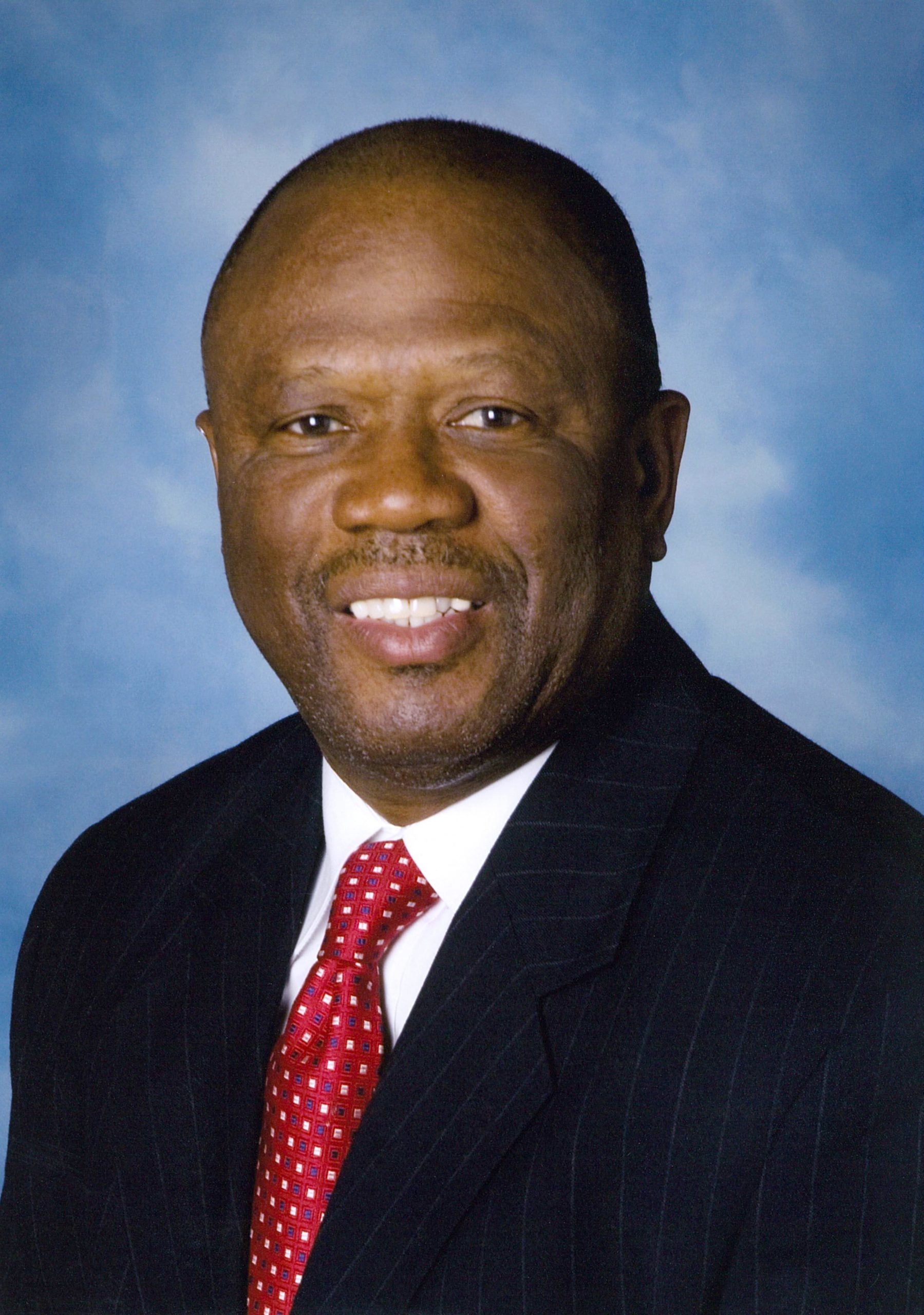Over the last several months, finishing the budget has dominated news sources covering state politics in Michigan. I am pleased to say that several budget bills have been signed by Gov. Whitmer before the start of the new year. Below are short summaries of the budget-related bills that have passed the Legislature and enacted into law by the governor.
The Michigan House of Representatives passed Senate Bill 152, by a vote of 103-2, in order to restore funding to several budget items and programs across 13 state departments that had been line-item vetoed to continue budget negotiations. These programs are necessary functions of government that keep our cities safe and environment clean. Below I have identified a couple of the programs that I believe are important to know for residents of Eastern Washtenaw County, but I encourage engaged voters to look for the complete list on the Legislature’s website by clicking here.
Of the 13 departments that this bill restores funding to, there is a program critical to the health of our environment that I am very pleased my colleagues and I were able to come to a consensus on – restoring a one-time appropriation of $15 million for PFAS monitoring and testing by the Department of Environment, Great Lakes and Energy (EGLE). As many of you are aware, there is a PFAS contamination on the former RACER Trust site near the Willow Run Airport. Monitoring the chemical spill is extremely important to assure that the residents who live nearby will not experience negative health impacts as a consequence from the PFAS contamination.
While some of the budgetary items included in SB 152 restore funding to previously vetoed programs, others are “add-ons” that were not previously in the budget deal. The latter is true of the one-time appropriation of $10 million to the Department of Technology, Management, and Budget to ensure an accurate census count. There have been several actions at the federal level that would prevent an accurate count of the nation’s total population. This includes attempts to add a citizenship question to the census. Ypsilanti is full of wonderful people and the purpose of the census is to provide the appropriate resources to government organizations so that they may provide for all people who reside here. I am pleased that Gov. Whitmer values the importance of the 2020 census and is committed to ensure that all people get the resources they are due under law.
On Dec. 4, the Michigan House of Representatives voted by a tally of 104-1 to pass the School Aid and Higher Education 2019-2020 Fiscal Year Budget under Senate Bill 154. This vote increased funding to K-12 public education as well as Higher Education across the board. This supplemental budget bill has been long awaited by many Michiganders as budget talks have continued late into the year. I am proud to say that the increase in K-12 and higher education funding is a positive step toward bringing the resources our children and young adults need into the classrooms.
More specifically, the total dollars appropriated for the School Aid fund (K-12 education) will now be $15,106,763,600; a $70.5 million increase. Of the total increase in funding, $35 million are appropriated toward our Public School Academies. That is a $240 increase per pupil. Many other specific education funds saw an increase in state appropriated funds – Early Literacy Teacher Coaches saw a $10.5 million increase in and Small Isolated Districts (measured by having 10 or fewer pupils per square mile) saw a $7 million increase. All together I am pleased with my colleagues for putting partisan politics aside and agreeing on a bill that increases funding for our children’s education.
As for funding higher education, the total dollars appropriated would be $1,647,373,500; an increase of $44,021,500. Of the total appropriated money, the vast majority, $38,021,500, went to an increase in the Tuition Grant Program, which provides need-based tuition assistance to students at Michigan independent colleges and universities.
The recent compromises made during final budget negotiations in the legislature are a positive step toward ensuring that the process is completed in a more fair and timely manner in the coming years. As part of the agreement on the final passage of the budget, four bills that streamline the budgeting process were also signed into law by the Governor.
- HB 4336/4574 will grant the Auditor General greater access to state departments when conducting audits of the Executive and Legislative Branches.
- HB 5176 allows the State Administrative Board within the Department of Technology, Management and Budget to inter-transfer funds to provide for particular departments or institutions. This will speed up the Board’s ability to fund all state departments in a timely manner.
- HB 5177 requires the Legislature to pass and present budget bills to the governor for the upcoming fiscal year by July 1.
If you have any questions or comments about what these bills mean for the funding of state departments please do not hesitate to contact my office (517) 373-1771 or email me at RonniePeterson@house.mi.gov.

